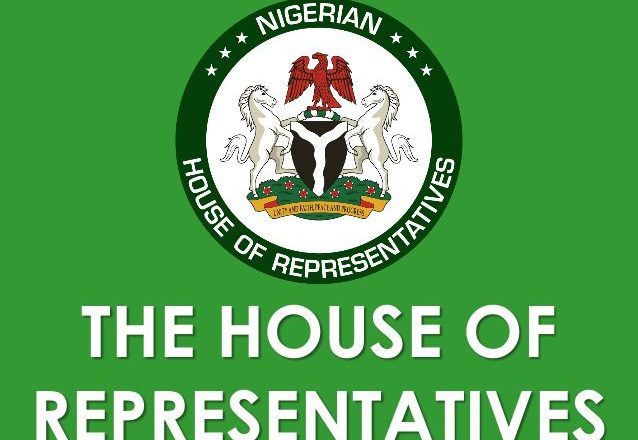House of Representatives has questioned the Presidency over its monitisation policy, saying the policy might have been jettisoned without due process. The policy that was introduced during the administration of former President Olusegun Obasanjo led to payment of allowances rather than continuous funding and rehabilitation of government quarters and official vehicles of its workers. The houses and vehicles were later sold to civil servants.
The Herman Hembe-led Committee on Federal Capital Territory (FCT) was however shocked when it was told that the Presidency is planning to build 40 houses for its top officials at a cost of N3b this year. The Committee, during the 2016/2017 budget session with the Ministry of FCT questioned the change of policy that was not made public by the Executive, considering the fact that they (lawmakers) were equally affected by the monitisation policy.
While the lawmakers asked for the identities of the beneficiaries, they wondered whether they were lower government functionaries that deserved to be living in rented houses. Hembe said: “When government comes up with a policy, it should follow it up. When you begin to build houses for ministers, permanent secretaries and directors, are they above the members of the National Assembly?
“If you want to move for monetization, it should be complete. I think it was wrong to sell the houses in the first place. This kind of thing may be very difficult to pass on the floor of the house. You can’t push for building houses for them. I remember at some point, they even wanted to sell the Vice President’s house”. In his response, the FCT Permanent Secretary, Babatope Ajakaiye, who stood in for the Minister Mohammed Bello said government felt the monitisation policy is due for review.
Saying that governments around the world cannot do away with accommodation of its own, some of which were designated as safe houses, Ajakaiye said the government felt the monitisation policy may not have served its purpose.
“We have not started it; it is a new project. I still want to plead for understanding on this issue. The issue has been discussed last year and we’re still talking about it. The policy was introduced by government, but after sometime, there was this feeling that it should be reviewed.
“When government says top functionaries, it is not defining. In countries around the world, they build safe houses, and it’s not meant for any particular person .Can we really say we want to give houses to about 500 legislators in one or two years? Top government functionary could be anybody. There’s always a start,” he said.
The Committee said that approval for the 40 houses as listed on the budget document would meet stiff resistance on the floor during consideration and passage of the 2017 budget. The Committee however demanded for the details of the 40 units houses, their specifications and supposed beneficiaries.
The Committee also expressed disappointment with the handling of the Abuja light rail project that ought to have been completed last year but deferred to the First quarter of 2018. The Committee opined that with the paltry allocation of N3b proposed for the project, it’s completion is not likely to see the light of the day in the life of this administration.
According to Hembe, the project that would have taken between N10b and N15b to complete in 2016 would now require N23b for the 2018 date. Ajakaiye sad the Abuja rail project would be completed in the first quarter of 2018 because the Chinese contractor is willing to meet the deadline though Nigeria must come up with its N23b counterpart find.
Earlier while presenting the budget proposal, Ajakaiye said N3.7b was proposed for the Abuja light rail project; rehabilitation of old Federal secretariat phase 1, N2b; 40 houses for officials N3b; construction and expansion of airport expressway, N4b
The Nation

